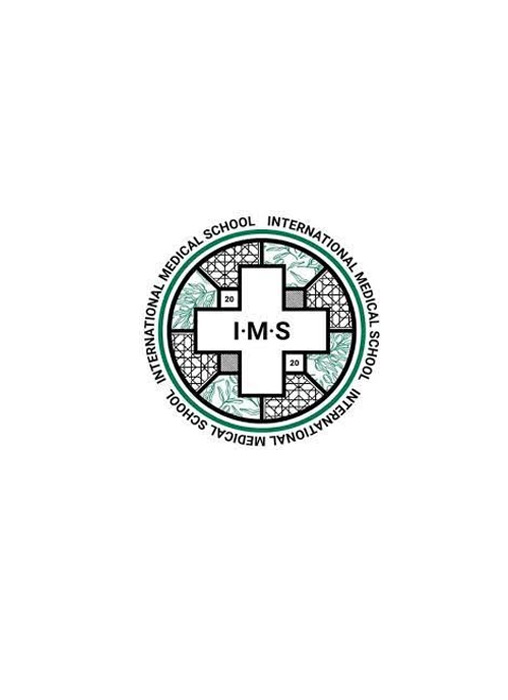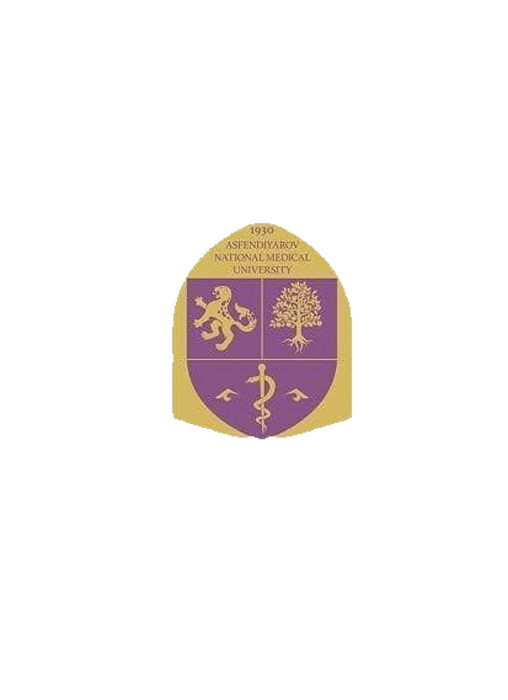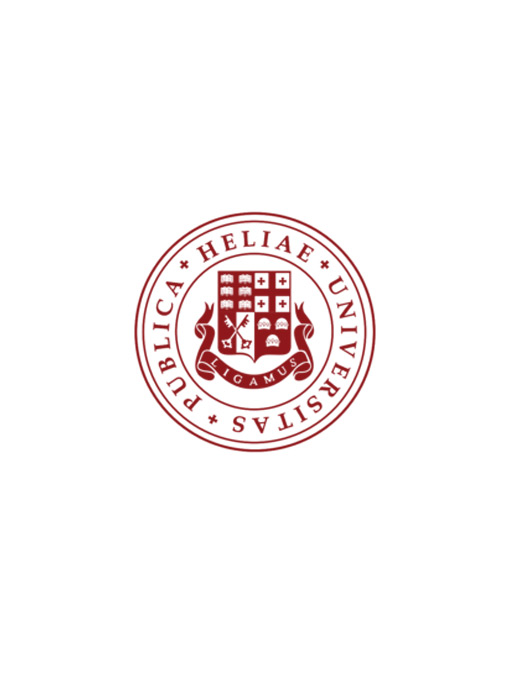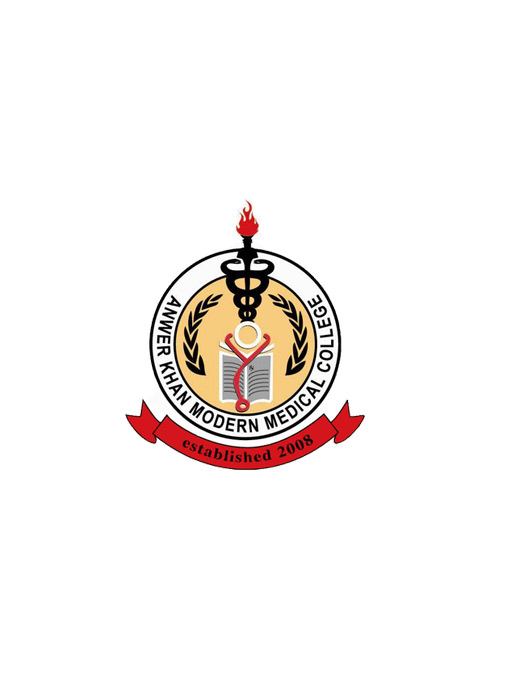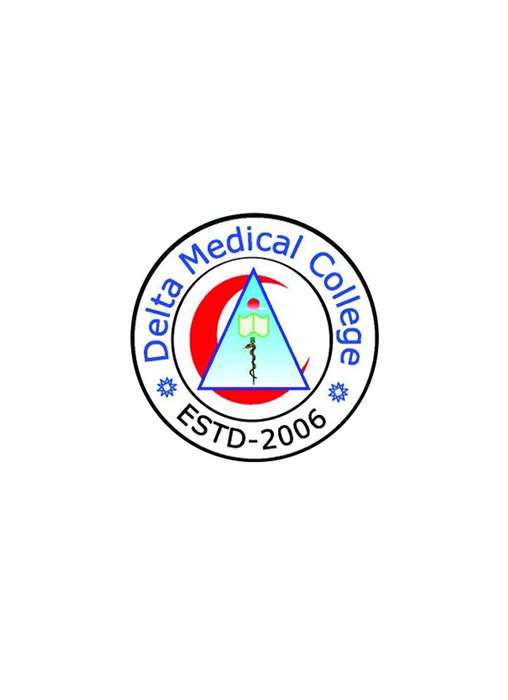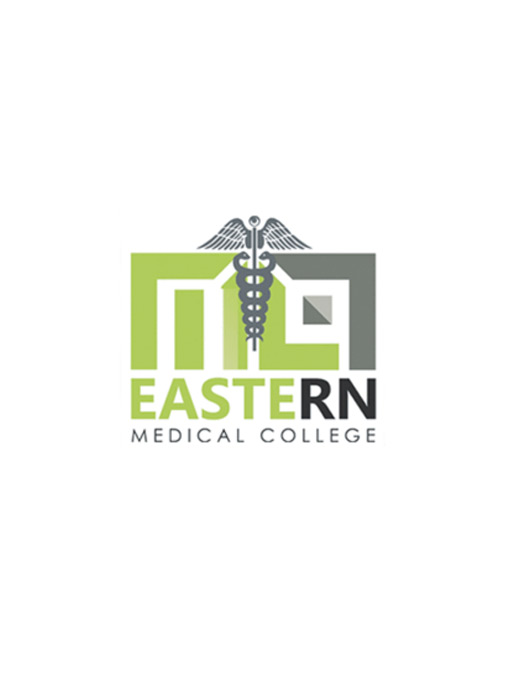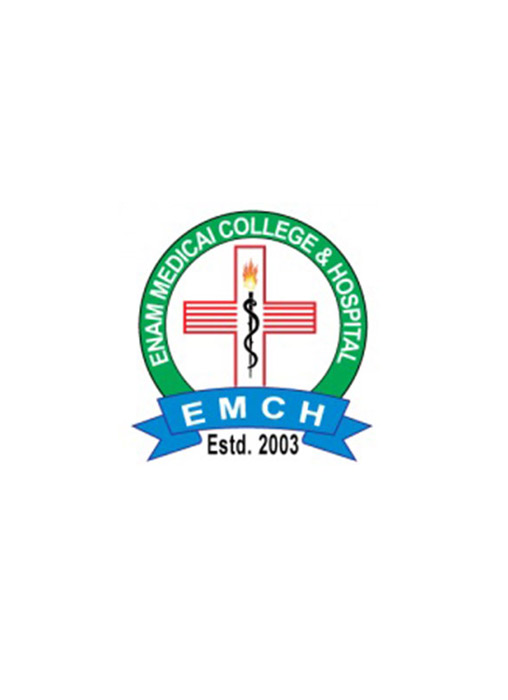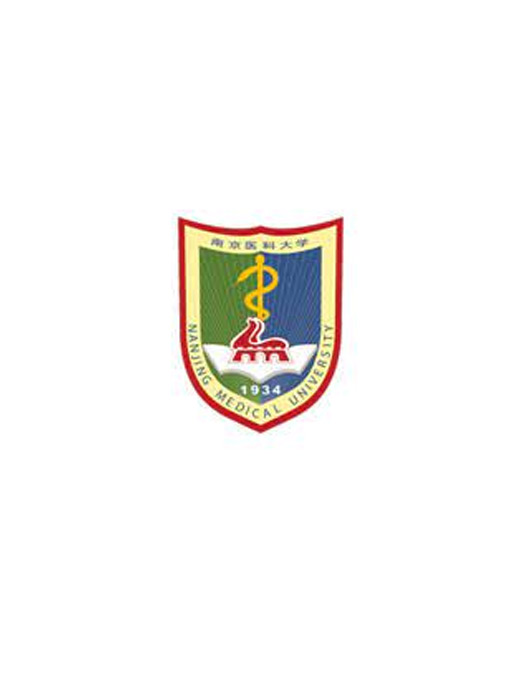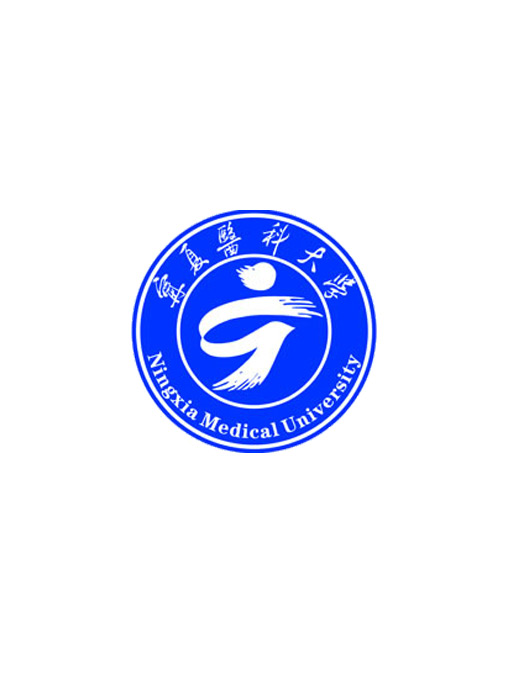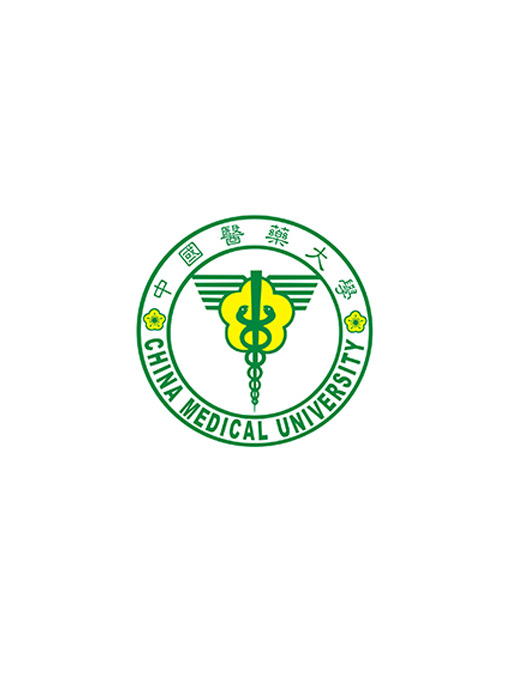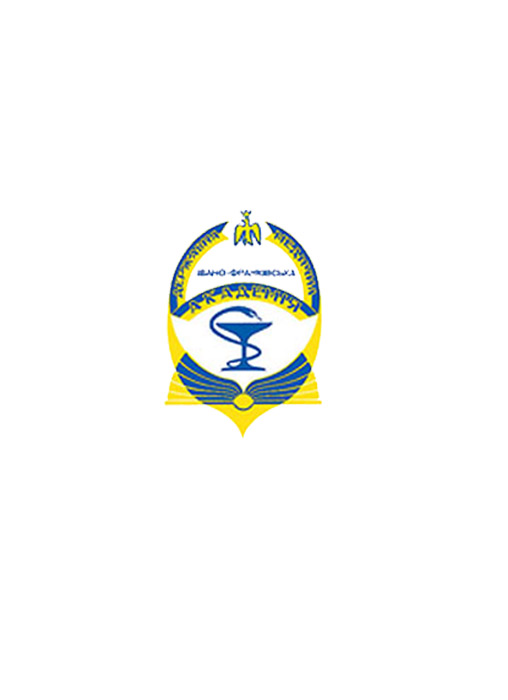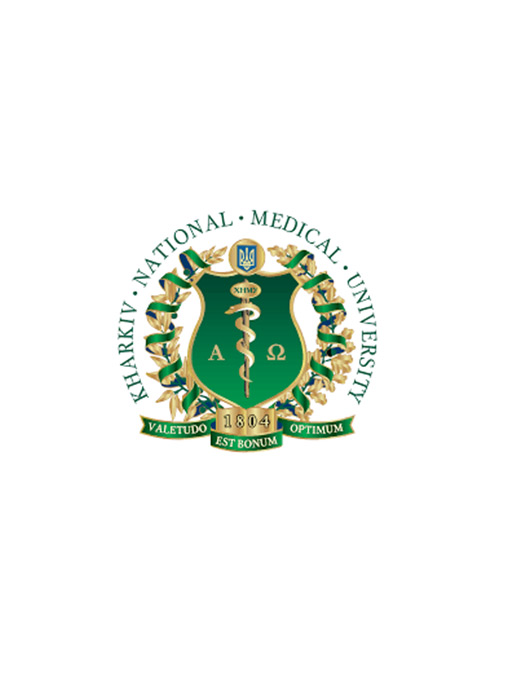3. International Recognition of Degrees:
Check whether the degrees awarded by the university are recognized globally. This is crucial for
ensuring
that your education is acknowledged not only in the country of study but also in your home country and
around the world.
4. Clinical Exposure and Facilities:
Evaluate the clinical exposure provided by the university. The best medical universities offer hands-on
clinical training in reputable hospitals, providing students with real-world experience. Assess the
quality of laboratories, simulation facilities, and hospital affiliations.
5. Faculty Expertise:
The expertise of the faculty plays a crucial role in the quality of education. Research the
qualifications, research contributions, and industry experience of the faculty members in the medical
department. A knowledgeable and experienced faculty enhances the learning experience.
6. Language of Instruction:
Consider the language of instruction. Opt for universities where the medium of instruction aligns with
your language proficiency. Many international medical programs are offered in English, but it's
essential
to verify this and ensure comfort with the language.
7. Cost of Education:
Assess the overall cost of education, including tuition fees, accommodation, living expenses, and other
miscellaneous costs. Choose a university that offers quality education within a budget that aligns with
your financial capabilities.
8. Student Support Services:
Look for universities that provide comprehensive student support services. This includes academic
counseling, mentorship programs, and support for international students, helping you adapt to the new
academic and cultural environment.
9. Alumni Success:
The success of alumni can be a strong indicator of the quality of education provided by a university.
Research the achievements and career paths of former students to gauge the potential impact of your
education on your future career.
10. Cultural Adaptation and Diversity:
Consider the cultural adaptation support offered by the university and the overall diversity of the
student body. A diverse environment fosters cultural exchange and prepares you for a global healthcare
landscape.
11. Admission Criteria and Processes:
Understand the admission criteria and processes of each university. Some may require entrance exams,
interviews, or specific prerequisites. Ensure that you meet the requirements and that the admission
process aligns with your academic strengths.
12. Post-Graduation Opportunities:
Investigate the opportunities available to graduates after completing their medical education. Consider
the university's network, career placement services, and any partnerships with healthcare institutions
for
internships and residency programs.
13. Location and Safety:
Assess the safety and overall environment of the location where the university is situated. Consider
factors such as climate, safety, healthcare facilities, and the overall quality of life in the region.
14. Consult Educational Consultants:
Seeking guidance from reputable educational consultants can significantly streamline the
decision-making
process. Consultants can provide insights into the latest information, admission requirements, and help
you navigate the complexities of studying abroad.
Conclusion:
Choosing the best medical universities abroad in 2025 is a meticulous process that requires thorough
research and consideration of various factors. Keep in mind your academic goals, budget, and personal
preferences as you explore the myriad opportunities available. With careful planning and informed
decision-making, you can embark on a transformative educational journey at a top-notch international
medical university.
















